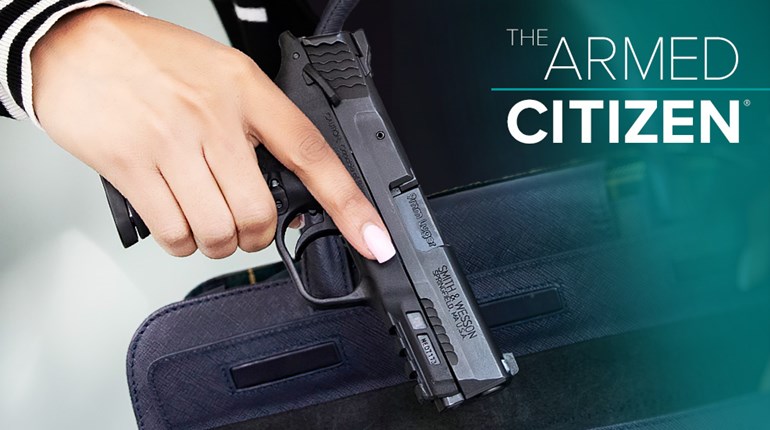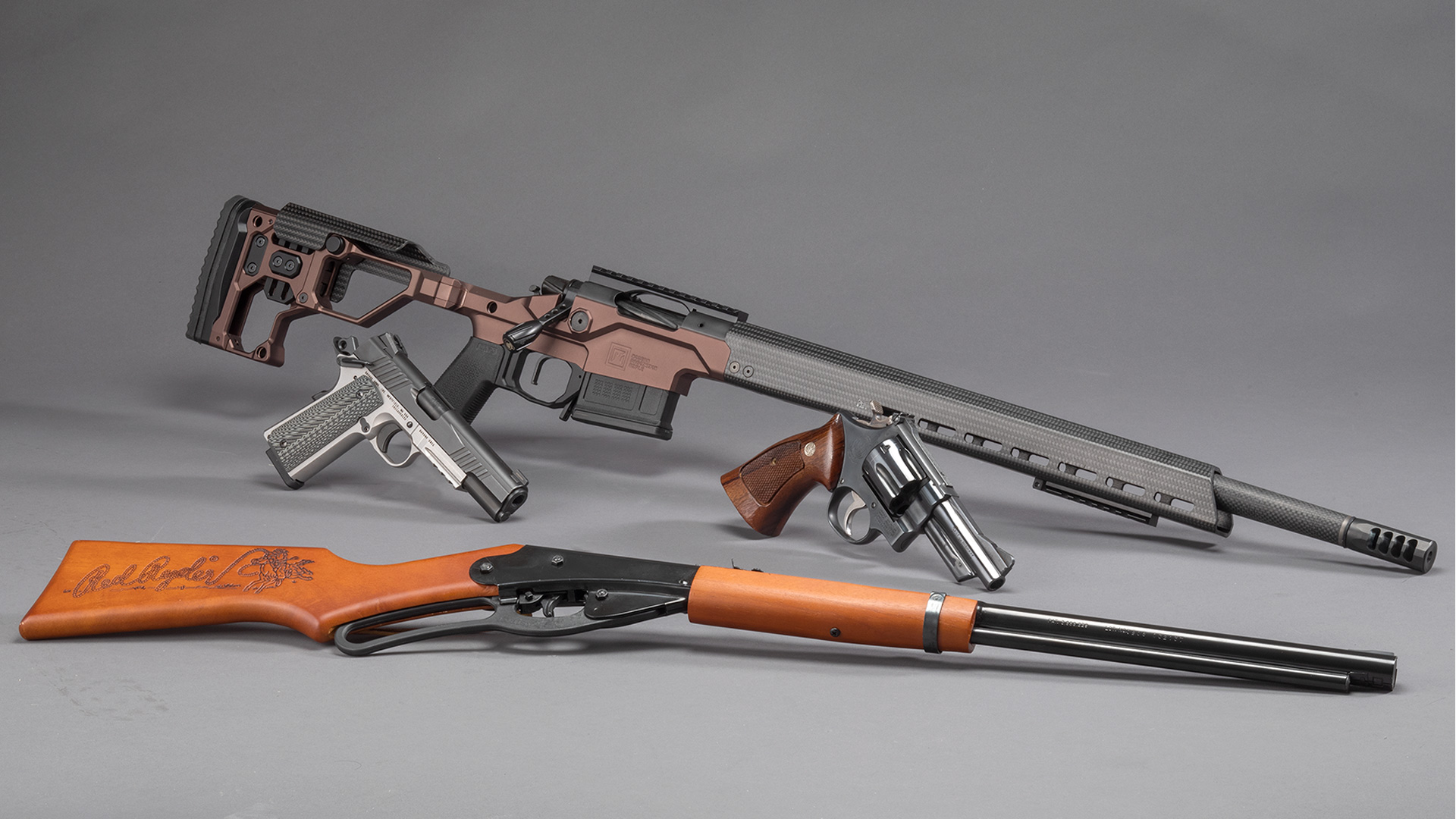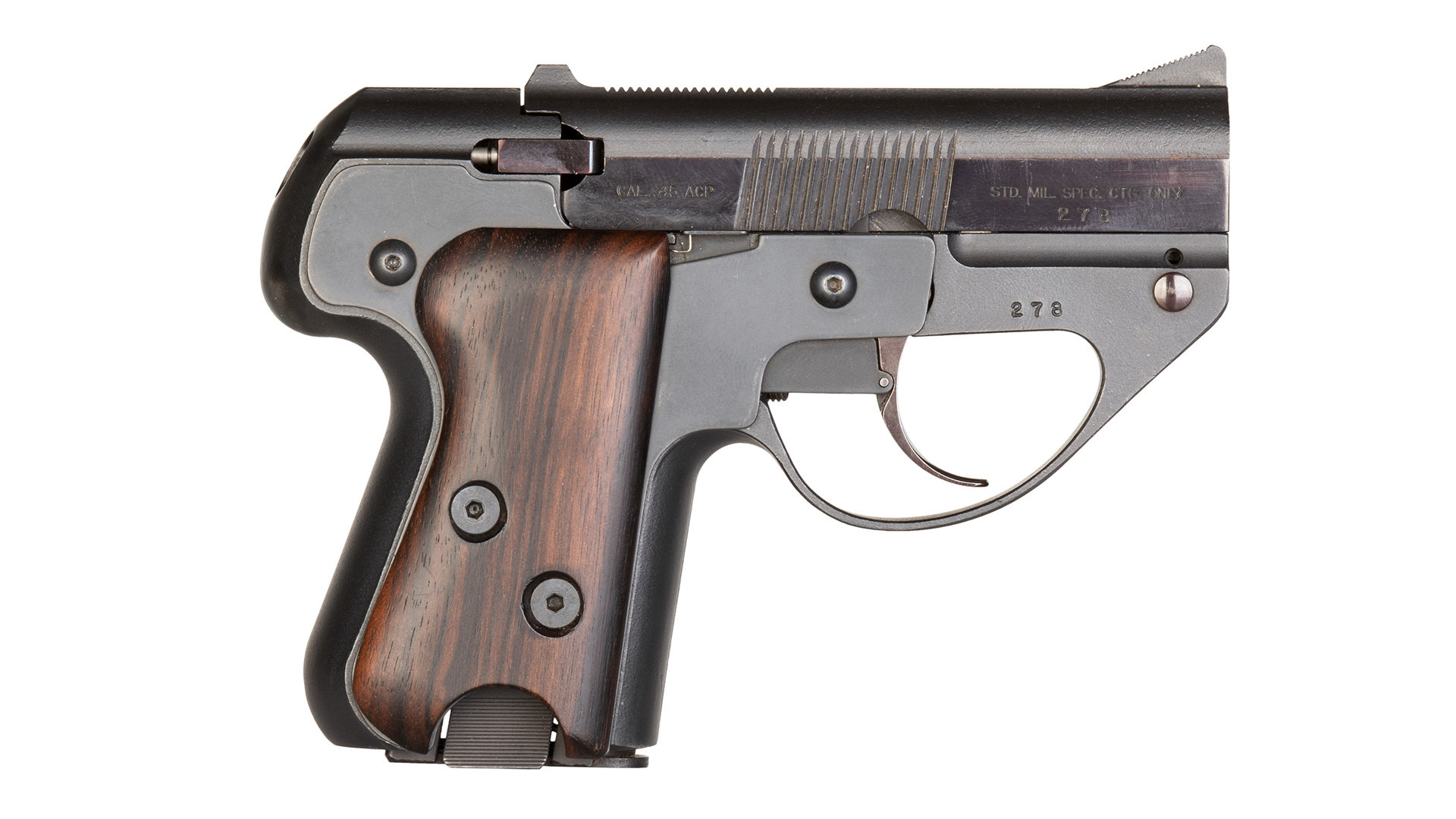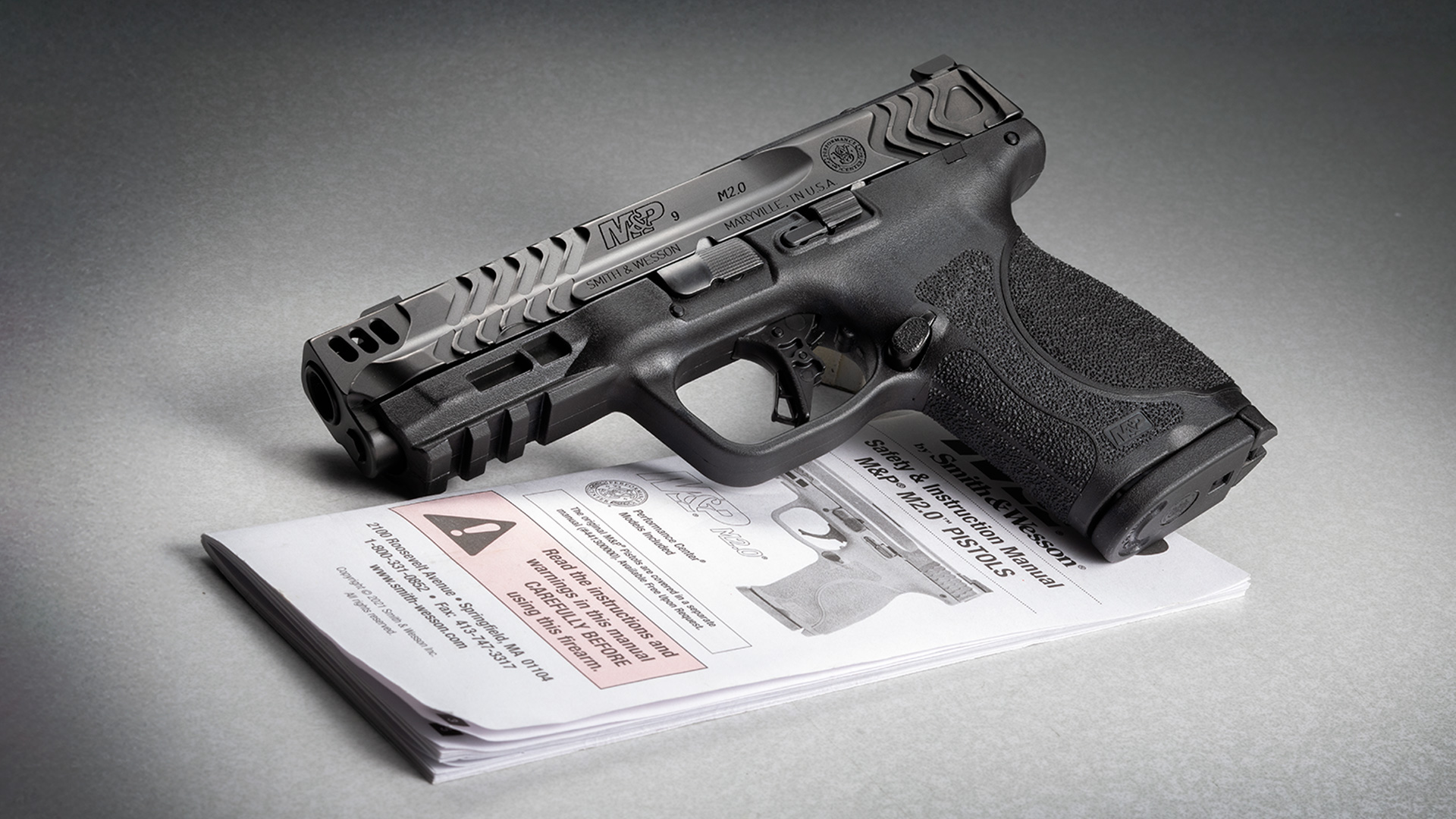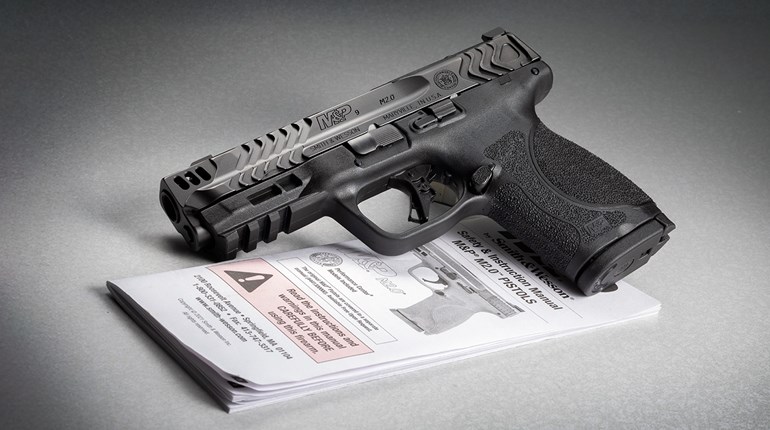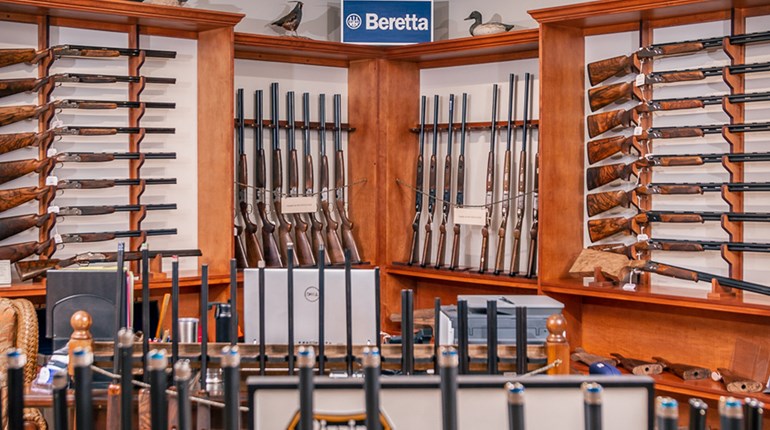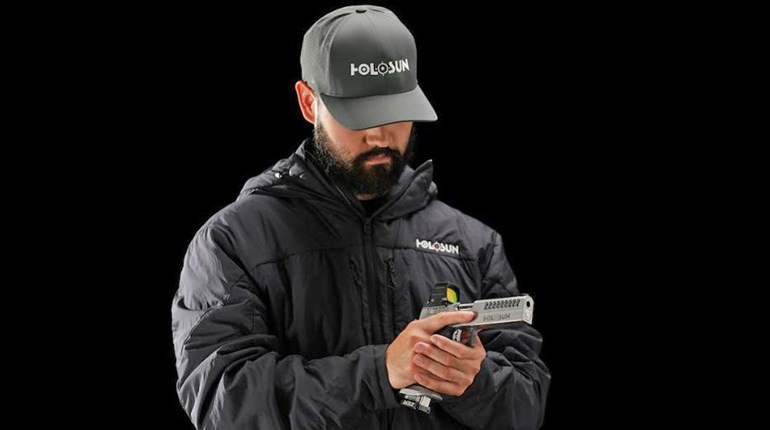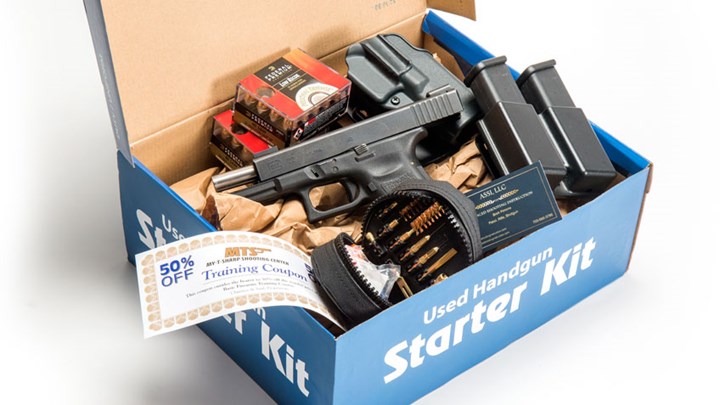
So, you bought your first firearm. Congratulations! Whether it had something to do with recent events, or just you felt it was time, you’ve joined the tens of millions of responsible, law-abiding gun owners in the United States. It’s a big decision you’ve made, and there’s a lot to think about, so here are some pointers on the next steps you might want to take.
Now, we’re hoping that as you start your journey you’re starting to realize the realities of firearm ownership. For a long time, you’ve been told about “gun show loopholes” and how it’s “easier for a teenager to buy a Glock than get [their] hands on a computer or even a book.”
We hope you realize that—and here we’re being super charitable—the people making these statements have been, well, exaggerating. We also hope that you’ve drawn the conclusion, in these difficult times, that the argument against needing a firearm because the police will protect you rings hollow when the police are putting out statements that they will not respond to many crimes. You have realized that you are your own first responder, and want the best tools for that job. Here are some of the critical “next steps.”
Okay, self-promotion time. This is an NRA Official Journal website, so naturally we’re going to tell you to join the NRA (and select Shooting Illustrated as your member magazine, of course). Don’t stop there, though—find your state organization (or organizations) and support them as well. As you almost certainly discovered in your first purchase, there are a lot of laws and regulations, and a lot of untruths from those who seek to eliminate your right to protect yourself. The NRA and your state-level organization often work hand-in-hand to help separate firearm fact from firearm fiction.
With that shameless plug out of the way, what’s next? Well, protect your investment. Go out and purchase a safe, case or other manner of securing your new firearm. There’s a ton of options out there, ranging in price from that of a reasonable box of defensive ammo to “How much? I better be able to ride it to work for that price” levels.
If you can afford it, look for a safe that is too heavy to move by yourself, can be bolted to a permanent structure and offers some form of resistance to water and fire. At the lower end of the spectrum, buy a sturdy carrying case and a cable lock, and secure the case to something that’s not moving, like a bed frame.

Next up, and this is super important, get some training.
Right now, while we’re all hunkered down in our homes, there’s a good deal of online resources available that will, at the very least, familiarize you with your new purchase and help ingrain the basics. NRA Education and Training is a great place to check for this (alright, alright, I know I said I was done with the shameless plug, but here’s one more).
If your new-to-you firearm didn’t come with a manual, most manufacturers will offer PDF files online for downloading. Find it, read through it and learn a little about your firearm. At some point, we’ll be released from house arrest and will be able to get to the range.
And with that said…look into local gun clubs. Depending on your location, you might have a public range close by, or you might have to join a private club. This is one of the strengths of your state-level 2A-advocacy groups; they should have a better feel for what’s close to your location.
Having a safe place you can go to for practice is quite valuable, but it can take some research. Depending on where you live, there may even be public land available for shooting purposes, but make sure you know the rules and regulations for its use. Also, do us all a favor and pick up after yourself if you are shooting on public land. Leaving a mess might be the impetus for closing this area to recreational shooting. Don’t be that guy. Please.
Obviously, whether you want to train, defend yourself or simply have some fun plinking, you’re going to need ammo. We’ve got an entire column devoted to it (ack! Another plug), and there are many businesses centered around making it, selling it and otherwise getting it in your hands (which will then feed it into your new firearm!).
Most important for you, as a new firearm owner, is to make sure that, no matter what you buy, it’s the correct ammunition for your new firearm. Some things to be aware of are pressure ratings—some handguns that fire 9 mm ammunition are not rated for what’s termed “+P” ammunition, for example. It’s the same with revolvers and .38 Spl. +P—many of the older guns weren’t engineered for the higher pressure. When in doubt, opt for the lower-pressure variant. Again, when in doubt, read that manual!

Let’s get back to that “have some fun plinking” part. While you may have purchased a serious firearm for defensive purposes (and if so, good on you for realizing that you are your own first responder), don’t forget that there’s a lot of fun to be had in the shooting sports.
If you purchased a handgun, there’s plenty of friendly competition out there to join in, from organized competition to your local gun club’s monthly bowling pin shoot (side note: no matter how serious the other shooters are in a bowling pin shoot, do NOT field-dress the pins. They taste horrible…)
While we do want you to take the ownership of your firearm very seriously, it’s also important to realize that shooting is just plain fun. Whether you’re trying to hit a steel plate at 200 yards, running a plate rack at 25 yards or just knocking over soda cans with a .22 LR, it’s a fun way to spend an afternoon, provided you follow all firearm safety rules at all times.
This is by no means meant to be an all-inclusive, do-it-all-now list for the new gun owner. Everyone’s journey varies, everyone finds their own path. Be safe, be learning, be your own first-responder and have fun.














